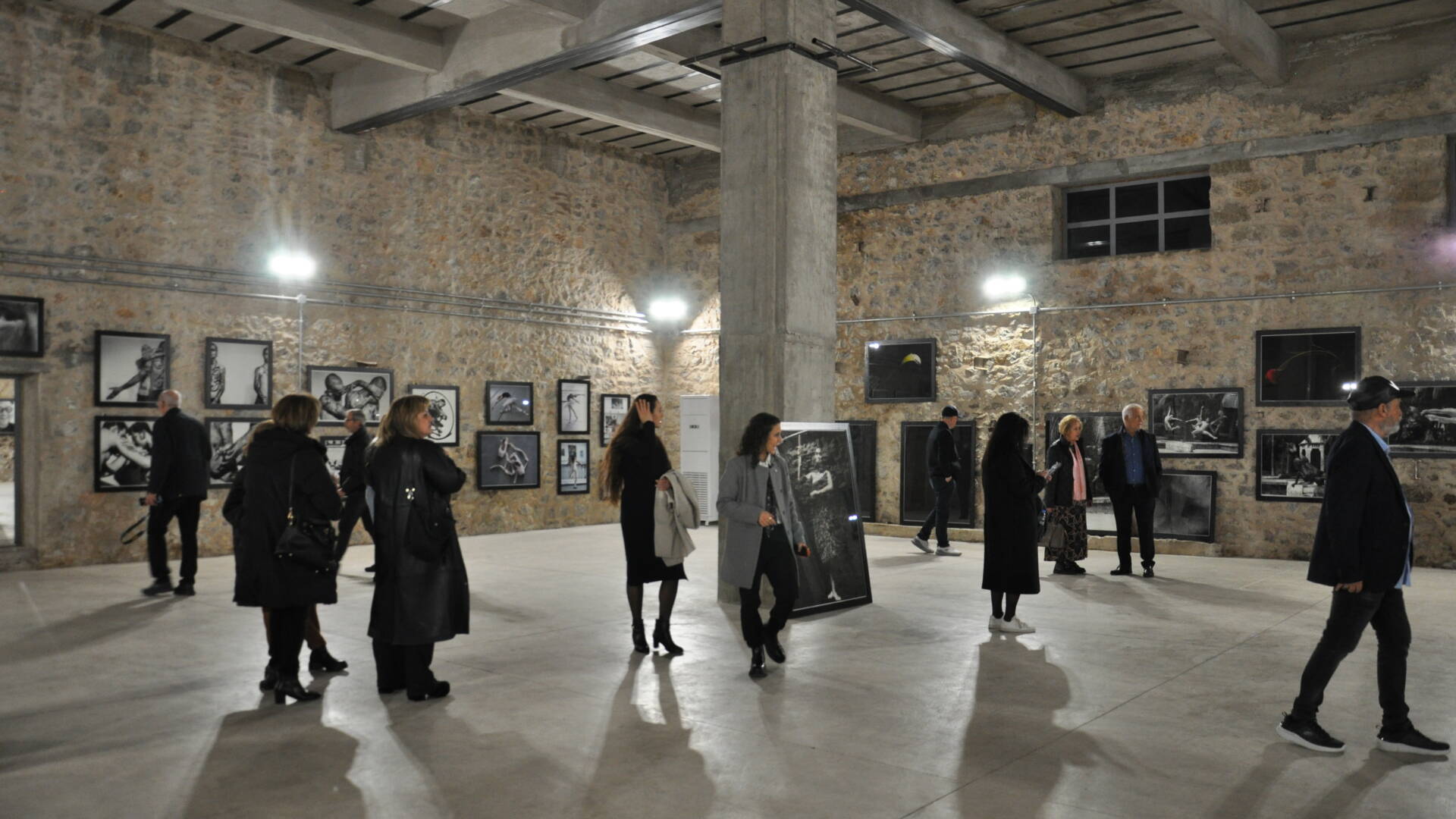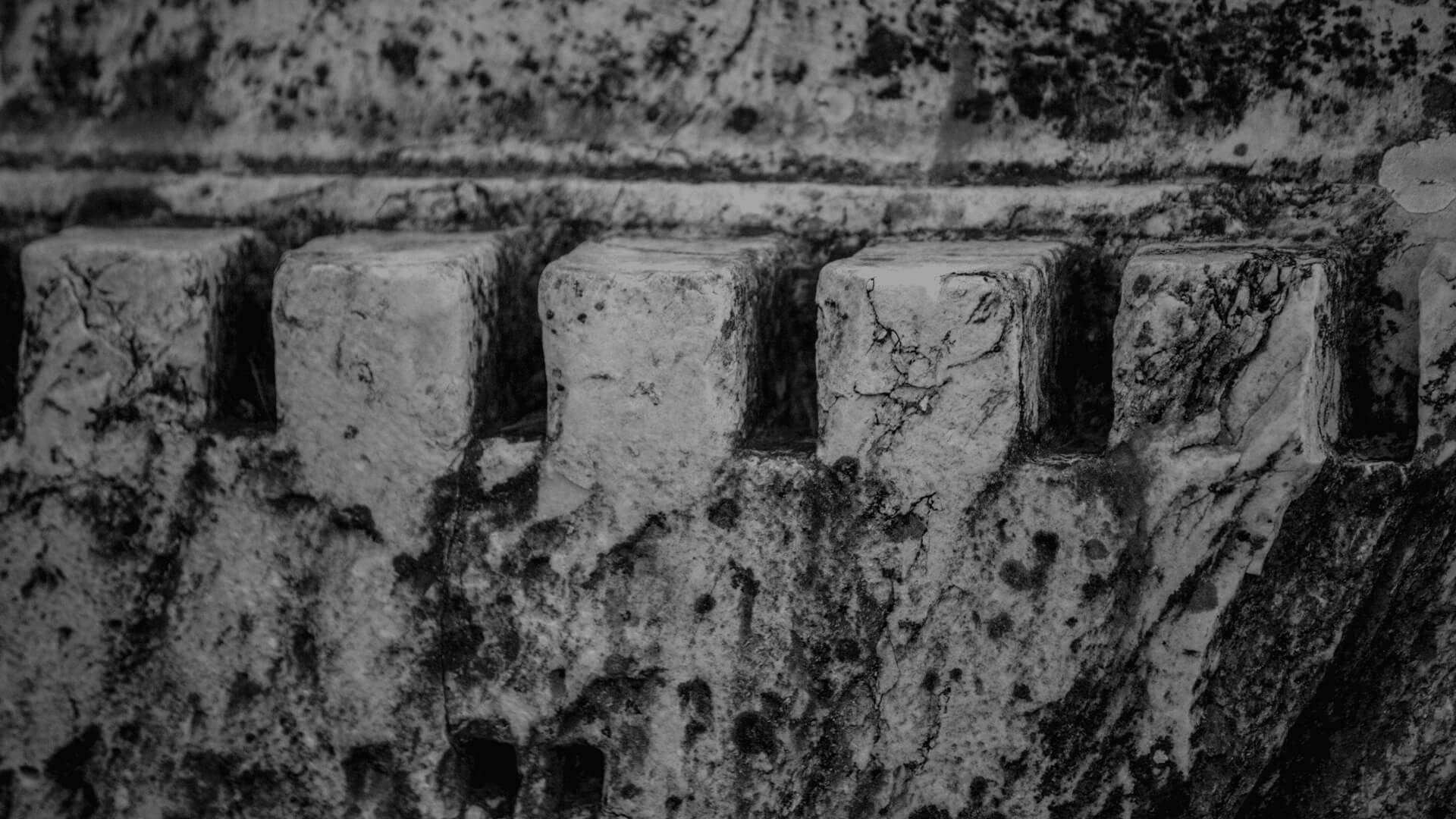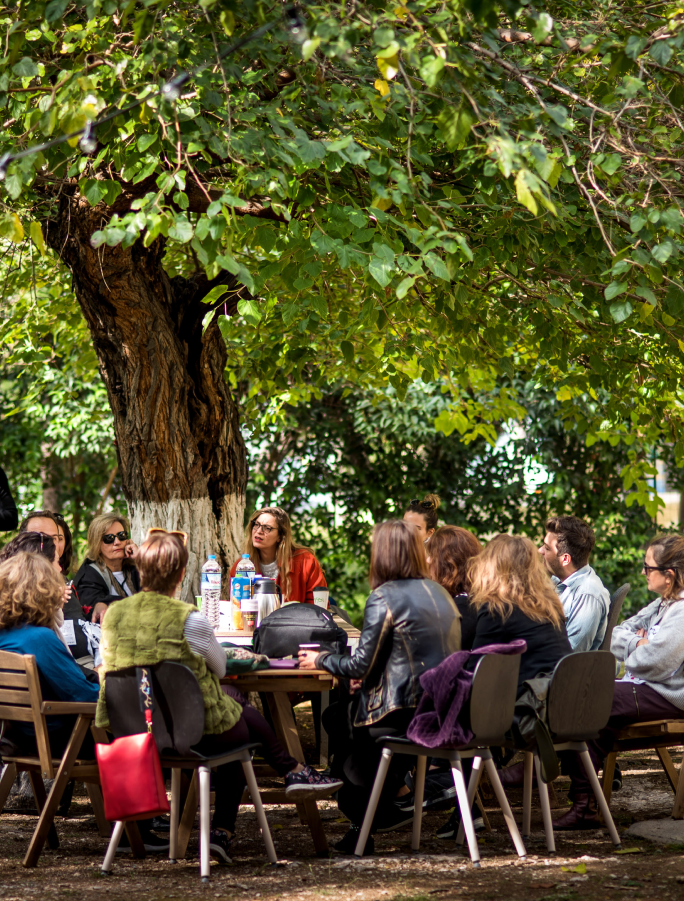The innovative performance “Clytemnestra” by the acclaimed Flemish group tg Stan, after its world premiere in Elefsina in 2022, travels for the second time to cities in Belgium and the Netherlands.
The innovative performance “Klytaimnḗstra” by the Flemish group tg STAN, which had its world premiere at the Amphitheatre of the Old Oil Mill Factory in Elefsina on 23 and 24 July 2022 as part of the legacy project Mystery 35 AESCHYLUS project ^ of 2023 Eleusis European Capital of Culture, travels for the second time from 18 April to 18 May 2024 in Northern Europe.
The Flemish group tg STAN, one of the most important contemporary theatre ensembles in Europe, in collaboration with the Olympique Dramatique, present “Klytaimnḗstra”, a contemporary adaptation of Aeschylus’ play Agamemnon, in Brussels, Antwerp, Ghent, Bruges, Turnhout, Hassel and Amsterdam. A dramatically relevant play about contemporary gender identities, misogyny and toxic masculinity. A century-old story about honour and revenge that seeks to give voice to the silent.
Combining speech and dance aligned with the Greek choral tradition, the performance creates an unexpected polyphonic ensemble that emphatically projects an important paradox – women, who were silenced in the real world, earned a public function in tragic plays: the liberty to put their feelings, thoughts and motives into words.
How can modern society, thousands of years after the writing of obscene work by Aeschylus, remain indifferent to barbarism? How can misogyny remain acceptable in modern times? When does intuition trump rationality? And what kind of associations does this age-old story of honor and revenge evoke in our bodies today?
A few words about the performance
tg STAN, one of the most important contemporary theatre ensembles in Europe, with a groundbreaking aesthetic and a long career in both contemporary dramaturgy and the classical repertoire, sheds light on a crucial figure of the Aeschylus tragedy, Klytaimnḗstra. Based on an idea by Jolente De Keersmaeker, a founding member of the group and one of the “formidable girls” of European performing arts, the show approaches the three different versions of the first part of Oresteia in an unexpected way: It connects Aeschylus’ original work of astonishing poetic power with Ted Hughes’ deft translation of it into English, and grafted it onto Austrian writer Gustav Ernst’s Bath of Blood, a work of raw and dissected poetry that followed the perspective of Klytaimnḗstra rather than Agamemnon.
The first part of Aeschylus’ Oresteia trilogy focuses on the story of King Agamemnon and his wife Klytaimnḗstra. The king decides to sacrifice his daughter Iphigenia to ensure a favorable wind for his ships in Troy. When Agamemnon returns, having won the Trojan War, the conflict with Klytaimnḗstra will be fierce. In a story where rape and murder are omnipresent, though seemingly irrelevant, Klytaimnḗstra is not just a character avenging her daughter. She is the mother of all mothers, and at the same time a scapegoat who embodies both female intuition and irrationality. Serving a critical function as both a woman and an outsider – she’s not even from Mycenae – she refuses to accept imposed stereotypes, deliberately choosing to fight violence with violence. Not out of pleasure, as in the case of Agamemnon, but because she believes it is the only way to challenge injustice against women and innocent citizens.
A few words about tg Stan
STAN, an acronym for Stop Thinking About Names, is a theatre collective consisting of Jolente De Keersmaeker, Damiaan De Schrijver and Frank Vercruyssen. They met at Antwerp Conservatorium in the late 1980s where tutor Matthias de Koning from Maatschappij Discordia introduced them to a different, less dogmatic approach to theatre. The company operates on the democratic principle that everyone participates in decisions about everything, from text selection, set and lighting to costumes and posters. STAN puts the performer centre stage and firmly believes in the principle of the sovereign actor, i.e. that the actor is both player and maker. Nothing is rehearsed in the conventional sense of the word but, rather, most of the rehearsal process takes place around the table. Once the play has been chosen, the text is reworked and retranslated to arrive at a new script. Only in the last few days before the première do the actors take to the stage and only when the spectators are seated in the auditorium does the production really come into being.
STAN nurtures a firm belief in the ‘living’ power of theatre: the performance is not a reproduction of something that is learned, but something that is created a new every night together with the audience. So, a STAN performance is not a finished product, but rather an invitation to a dialogue. STAN is synonymous with text-based theatre and has recourse to an extensive and diverse repertoire. High on the repertoire list is the work of classic playwrights such as Chekhov, Gorky, Schnitzler, Ibsen, Bernhard and Pinter. Texts from the history of theatre are reread and brought into the here and now. Besides the classics, STAN is also drawn to the work of contemporary authors including, most recently, Yasmina Reza and Jon Fosse.
Texts: “Agamemnon” (Oresteia) by Aeschylus, “Agamemnon” (The Oresteia) by Ted Hughes and “Blutbad” (Blood Bath) by Gustav Ernst
Performance text: the team
Translation of original texts: Nikos Flessas, Antonis Antonopoulos, Martine Bom
Idea – concept: Jolente De Keersmaeker
Set design and lighting: Thomas Walgrave
Costume design: Rachid Laachir
Costume designer’s assistant: Katrien Baetslé
Choreographic advice: Youness Khoukhou
Music conception: Frank Vercruyssen
Technical production: Tom Van Aken and Iwan Van Vlierberghe
Co-production: 2023 Eleusis European Capital of Culture & tg STAN
With the support of: De Tax Shelter Van De Belgische Federale Overheid, Gallop Tax Shelter
By and with: Antonis Antonopoulos, Adriana Bakker, Jolente De Keersmaeker, Synne Enoksen, Sara Haeck, Eleni Moleski, Maria Skoula, Stijn Van Opstal, Gustavo Gláuber
Tour Program</b
18 – 24 April Bourlaschouwburg, Antwerp
26 – 27 April Ntgent/Schouwburg, Ghent
30 April Cc Brugge/Stadsschouwburg, Bruges
2 May Warande/Schouwburg, Ternhout
8 – 9 May KVS – BOL, Brussels
12 May Ntgent/Citadelpark, Ghent
14 May CCHA, Hassel
17 and 18 May Grote Zaal, Amsterdam
More information here.


